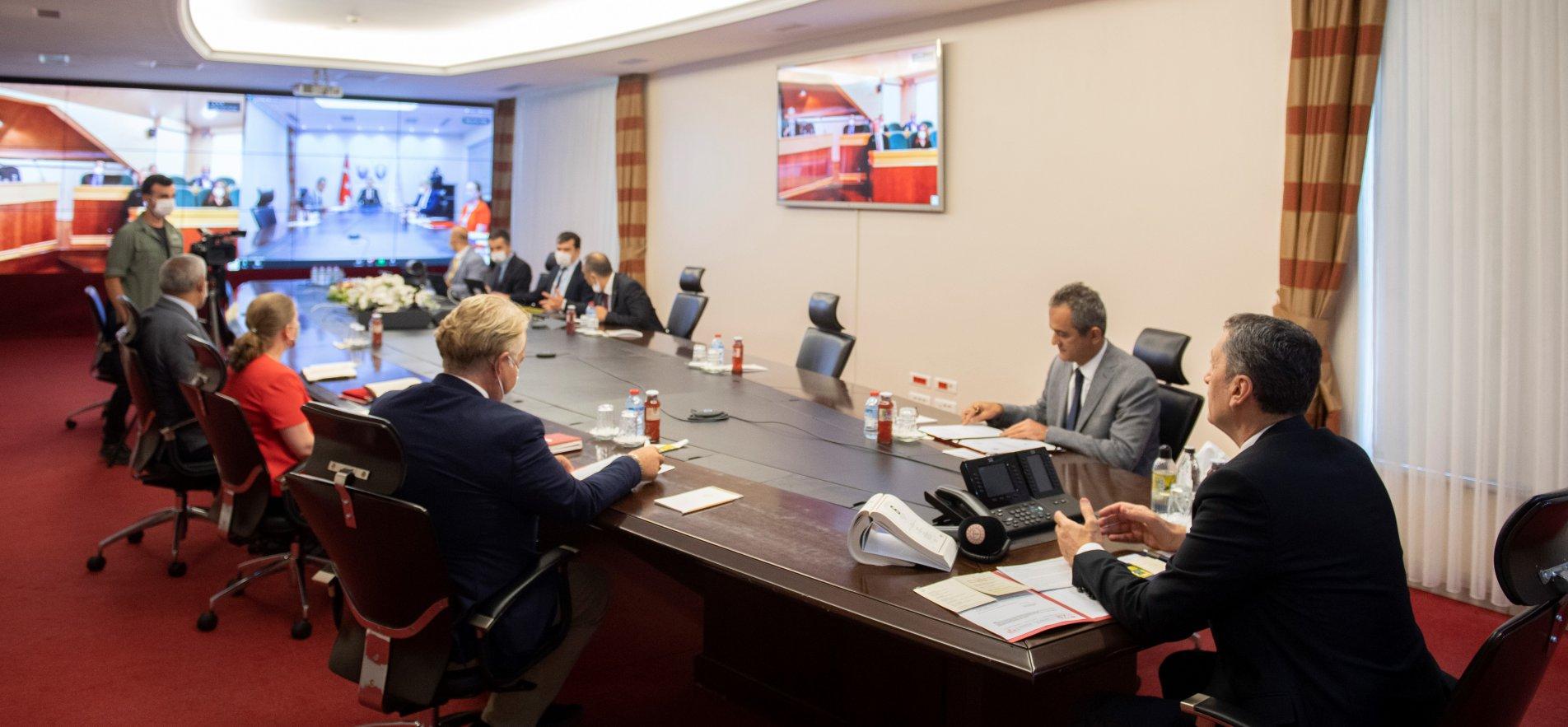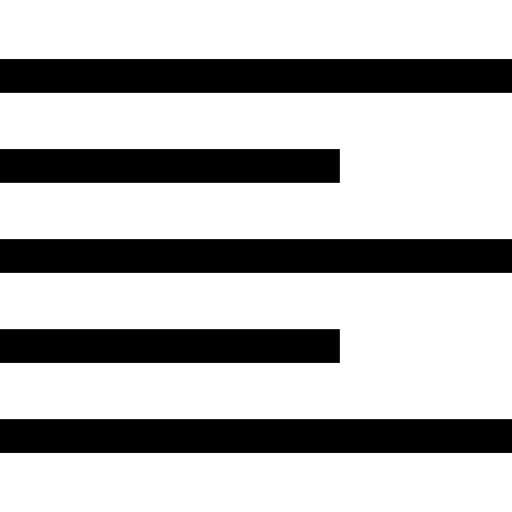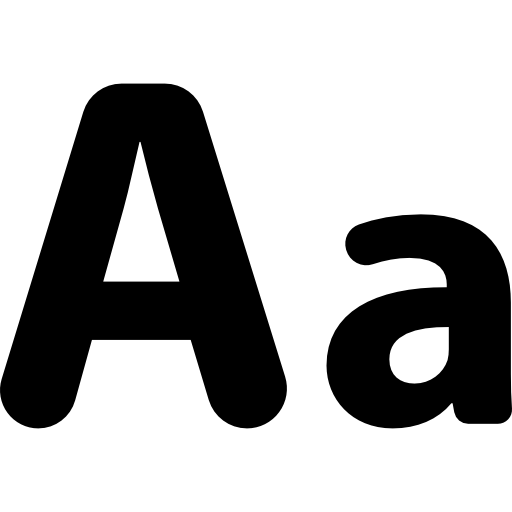Minister of National Education Ziya Selçuk, Deputy Minister of National Education Mahmut Özer, ministry bureaucrats, President of Istanbul and Marmara, Aegean, Mediterranean and Black Sea Regions Chamber of Shipping, briefly called the Turkish Chamber of Shipping (İMEAK) President Tamer Kıran and other stakeholders participated in the protocol ceremony held via video conference. The protocol was signed by Deputy Minister Özer and Tamer Kıran. Minister of National Education Selçuk said during his speech in the ceremony that the maritime sector in Turkey which has all kinds of opportunities for shipping trade will gain more competitive and value added structure by digitalization and technology achievements.
Minister Selçuk stressed that Turkey's future depends on how to use its maritime sector during this era when 98 percent of world trade is carried out by shipping and seaways are indispensable in the transportation sector and its vital importance is gradually increasing. Minister Selçuk stated that sector stakeholders, civil organizations and education community should work together in order to contribute to the development of the Turkish maritime sector which includes components such as ship building and sub-industries, port and ship management and bunker services adding that, "In today's and future digital world, it is mandatory to follow technological developments and design projects that will allow digital transformation in order to gain a global competitive force in the maritime sector. Moreover, we have to raise qualified workforce equipped with high technological knowledge."
"Hard and expensive training process"
Naval education is a hard and expensive training process, said Selçuk and stressed that all countries which are developed in terms of the maritime sector had taken all necessary measures in order to reach high training standards defined by the International Maritime Organization agreements and protocols. Noting that these countries had equipped their ships with the modern devices and systems and raised their crew both at sea and on land according to developed training programs, Minister Selçuk stated that the Ministry of National Education will work in an effort to provide necessary training in order to allow our country to have a say in the maritime sector.
Selçuk explained that the Ministry aims at focusing on solution oriented maritime training in vocational schools in line with the needs and expectations of the maritime sector as a part of this cooperation initiated in an effort to make contribution to the development of the shipping trade in the country. The protocol also includes organization of well-attended summit and reaching a common consensus on maritime training. Noting that experts and trainers defined by İMEAK will give maritime classes in vocational schools, Minister Selçuk said that they are planning to give scholarship to successful students for higher education in this field.
"Schools will be equipped with new technology"
Minister Selçuk stated that the maritime training program and training materials will include English prep class and will be updated according to new technology and they aim at giving higher level language classes to students. Selçuk went on to say, "We will give world standard training to our students by equipping our workshops and labs with new technology in line with this protocol. Skill training and apprenticeship opportunities for students will make transition from theory to practice faster. We will organize in-service training for maritime teachers in order to allow them to give practical information to students in addition to theoretical knowledge."
Minister Selçuk said that schools included as a part of this protocol will have a special status in line with this special program and project. Noting that the Ministry of National Education aims at achieving a transformation based on human oriented, universal, flexible principles and gives required skills and values, Selçuk stated, "From this point of view, the cooperation protocol that we signed today has a different meaning for us. Our ministry will keep on working in an effort to build vocational training programs as a sacred mission for our country."
In his announcement from his social media account about the protocol, Minister Selçuk stressed that the Ministry had taken a new step for strong vocation training adding that, "We are joining forces with the maritime sector. This protocol will offer new opportunities to young people. I would like to thank Deputy Minister Mahmut Özer and the vocation training team."
Meanwhile, President of İMEAK Tamer Kıran said in this speech that, "Mr. Minister made an important contribution by taking visionary steps in an effort to integrate vocational training with the real sector. Thanks to his brave and determined policies, we are adapting a new and dynamic vocational training model."
Noting that we have been witnessing important developments in the Turkish National Education, Kıran underlined the importance of the maritime sector. He went on to say, "You have to be well equipped in order to become a seaman. It is very important for our youngsters who want to become a seaman to receive quality education and learn how to undertake research in their fields. Must of this training is learning English which is the language of maritime. If we achieve to raise our students with quality of information and English language skills, we will be able to export seaman to the world in addition to make important contributions to employment in our country and national income. This protocol will include cooperation with Ziya Kalkavan Vocational and Technical Anatolia High School in Beşiktaş, İstanbul, Barbaros Hayrettin Paşa Vocational and Technical Anatolia High School in Pendik, Çeşme Ulusoy Maritime Technology Vocational School in İzmir and Hasan Kemal Yardımcı Vocational and Technical High School in Rize."
In addition to training programs aiming at raising qualified workforce for the maritime sector, the protocol will allow restructure in the sector according to international maritime norms. Kıran said, "Trainers defined by our chamber will give maritime classes. We will also give expert support for the preparation and update of education programs and training materials. We will give in-service training to teachers. We will give scholarship support to successful students. Graduates will not be intermediate staff, they will be qualified and most wanted professionals."





























